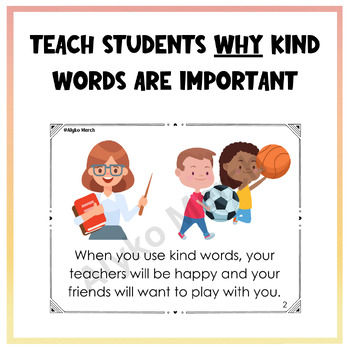Speech Therapy Behavior Management: Practical Tools for Elementary Students
- Jun 9, 2025
- 3 min read
Posted on June 9th, 2025
Managing behavior in elementary speech therapy can be challenging, especially when you're working with a wide range of student needs and energy levels. Whether you’re dealing with calling out, refusal to participate, or the constant need for movement, having proactive and compassionate behavior supports in place can make all the difference.
Here’s how I structure my sessions to support regulation, engagement, and social growth in the speech room.
*As an Amazon Associate, I may earn a small commission on qualifying purchases through the links provided in this post. This comes at no additional cost to you, and it helps support the creation of more helpful content.
Simple, Consistent Expectations Set the Tone
At the beginning of the year—and before every session—I review my speech room rules:
Be respectful
Wait your turn
Try your best
Ask for help
Have fun
These expectations are simple, clear, and easy to remember. Students know that by following these rules, they can earn rewards like stars and free play time at the end of the session. Reviewing the rules before they earn their star helps students connect their effort and behavior to a positive outcome. It's all about reinforcing growth and celebrating effort.
Using a Star Chart and Free Play to Motivate
I use a star chart system to help students stay focused and motivated. If they follow the speech room rules, they earn a star at the end of the session. Over time, they can trade those stars for prizes or game time. For students who work hard during the session, I also offer 3–5 minutes of free play, which could be uninterrupted game time or a chance to color and draw.
This dual system gives students something to look forward to and encourages them to make good choices during speech. It also teaches goal-setting and builds intrinsic motivation over time.
Fidget Tools: Movement as a Regulation Strategy
Some students have a high need for movement and sensory input. To support them, I offer fidget tools at the beginning of each session. I pair this with a communication board that helps students express what they need to do their best.
I explain that fidgets are tools, not toys—they’re here to help students stay regulated and focused. This approach empowers students to advocate for themselves and understand their unique needs. It also promotes empathy and compassion, as peers learn that some classmates need tools to help them participate in the same activities.
Social Learning Through Open Discussions
My sessions leave room for open conversations and opinion sharing, which can sometimes lead to disagreements or unkind comments. When that happens, I use a “Use Kind Words” social story to help students understand the impact of their words.
This resource has been especially helpful in teaching students how to be better friends and communicators. It reinforces the idea that speech isn’t just about sounds or vocabulary—it’s about connection, kindness, and understanding.
Final Thoughts
Behavior management in speech therapy is about more than just discipline—it’s about creating an environment where students feel safe, supported, and seen. With simple expectations, visual tools, flexible sensory supports, and meaningful discussions, you can turn your speech room into a space for regulation, reflection, and growth.
Whether you're an SLP, SLPA, or special education teacher, the key is to individualize your supports, remain consistent, and always lead with empathy.
📩 Join My Community!
Join my email list for more SLPA and school-based speech tips!
➡️ Check out my Teachers Pay Teachers store for more resources!
➡️ Check out my Etsy store for unique speech therapy materials!
➡️ Check out my Boom Learning store for interactive speech therapy activities!
About the Author
Hi! I’m Kim, and I’ve been a licensed Speech-Language Pathology Assistant (SLPA) for nearly a decade. I have a B.S. in Speech-Language Pathology and have worked in elementary schools, middle schools, and high schools, providing services to students in general education and special day classes. I created this blog to share my experiences and help other SLPAs navigate their school-based speech therapy journey.





Comments